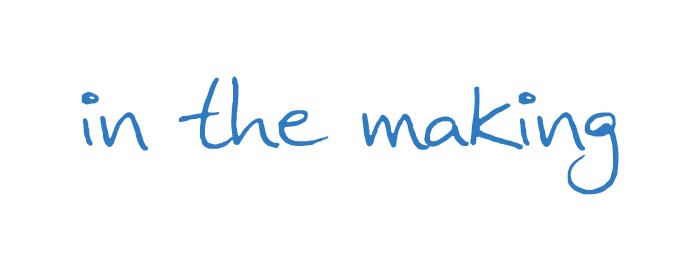I think that Hari Kunzru puts the case for tolerance and understanding very well in this recent article
Jonathan Franzen claimed he won’t write about race because of limited ‘firsthand experience’, while Lionel Shriver hopes objection to ‘cultural appropriation is a passing fad’. So should there be boundaries on what a novelist can write about?
Hari Kunzru
Clearly, if writers were barred from creating characters with attributes that we do not “own” (gender, ethnicity, sexual orientation, and so on), fiction would be impossible. Stories would be peopled by clones of the author. Since trespassing into otherness is a foundation of the novelist’s work, should we restrict ourselves in some way, so as to avoid doing violence to those who identify with our characters? The injunction to refrain from “cultural appropriation” sounds like a call for censorship, or at best a warning to self-censor, an infringement of the creative liberty to which so many surprising people profess themselves attached.Good writers transgress without transgressing, in part because they are humble about what they do not know. They treat their own experience of the world as provisional. They do not presume. They respect people, not by leaving them alone in the inviolability of their cultural authenticity, but by becoming involved with them. They research. They engage in reciprocal relationships. It does not seem like a particular infringement of liberty to pass through the world without being its owner, unless someone else is continually asserting property rights over the ground beneath your feet. The panicked tone of the accusations of censorship leads me to suspect that what is being asserted has little to do with artistic freedom per se, and everything to do with a bitter fight to retain normative status, and the privileges that flow from it. The solution is simple, my fearful friends. Give up. Accept that some things are not for you, and others are not about you. You will find you have lost nothing. It may even feel like a weight off your shoulders. Put down that burden and pull up a chair. You might hear something you haven’t heard before. You will, at least, hear some new stories.


No comments:
Post a Comment